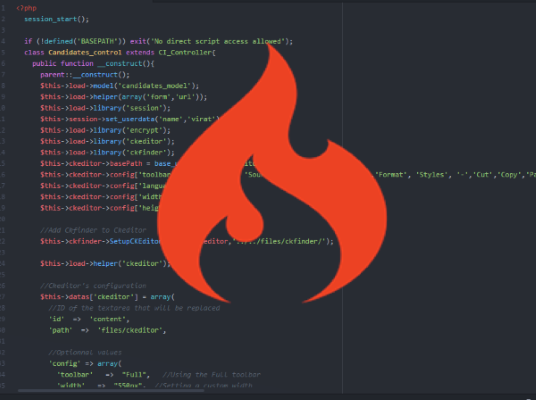Archives
- Newer posts
- November 2025
- October 2025
- September 2025
- August 2025
- July 2025
- June 2025
- May 2025
- November 2024
- April 2024
- November 2023
- October 2023
- August 2023
- May 2023
- February 2023
- October 2022
- August 2022
- July 2022
- May 2022
- April 2022
- March 2022
- February 2022
- June 2020
- March 2020
- February 2020
- January 2020
- December 2019
- November 2019
- October 2019
- September 2019
- August 2019
- July 2019
- June 2019
- May 2019
- April 2019
- March 2019
- February 2019
- January 2019
- December 2018
- November 2018
- October 2018
- September 2018
- August 2018
- July 2018
- June 2018
- May 2018
- April 2018
- March 2018
- February 2018
- January 2018
- December 2017
- November 2017
- October 2017
- September 2017
- August 2017
- July 2017
- June 2017
- May 2017
- April 2017
- March 2017
- February 2017
- January 2017
- August 2016
- June 2016
- April 2016
- March 2016
- February 2016
- January 2016
- July 2015
- June 2015
- Older posts

CodeIgniter – MVC Framework
Whenever you build web applications, there are times when you have to write similar code again and again. Frameworks provide you a starting block and minimize the amount of code you require to build a website. CodeIgniter is a powerful PHP framework used to build dynamic web sites and it is an open-source software.
CodeIgniter is based on the Model-View-Controller (MVC) development pattern. MVC software approach separates application logic from presentation. CodeIgniter provides a rich set of libraries, as well as a simple interface and logical structure to access the libraries, plug-ins, helpers, generates SEO friendly URLs. CodeIgniter lets you creatively focus on your project by minimizing the amount of code needed for a given task.
CodeIgniter is used because of its high performance, framework with small footprint, requires zero configurations, it doesn’t use command line, it doesn’t require adhering to restrictive coding rules and to get a simplified code structure.
Some features of CodeIgniter are security and XSS Filtering, file uploading, session management, pagination, data encryption, flexible URI routing, zip encoding class, error logging, full page caching and localization.
The important part of a CodeIgniter framework is its libraries. CodeIgniter has a rich set of libraries, which indirectly increase the speed of developing an application, but CodeIgniter is not just limited to system libraries, you can also create your own libraries too.
Sending emails in CodeIgniter is simpler. Some of the features for sending emails are Multiple Protocols − Mail, Sendmail, and SMTP, TLS and SSL Encryption for SMTP, Multiple recipients, CC and BCCs, HTML or Plaintext email, Attachments, Word wrapping, Priorities, BCC Batch Mode, enabling large email lists to be broken into small BCC batches, and Email Debugging tools.
